News
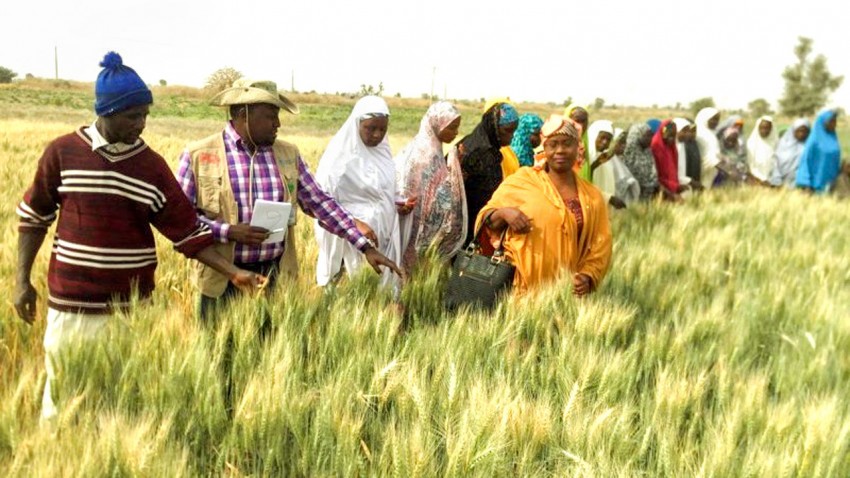
As millions of Nigerian farmers flee the militant group Boko Haram, a Cornell-trained Nigerian scientist is providing support to create a more profitable, equitable future – especially for the many farmers who are women.

Jenna Hershberger and Ella Taagen, doctoral candidates in plant breeding, are among 10 graduate students nationwide who’ve been selected as National Association of Plant Breeders Borlaug Scholars.

Two Cornell research teams, studying crop viruses and insecticides’ physiological effects on insects, have received grants totaling nearly $900,000 from the U.S. Department of Agriculture’s National Institute of Food and Agriculture.
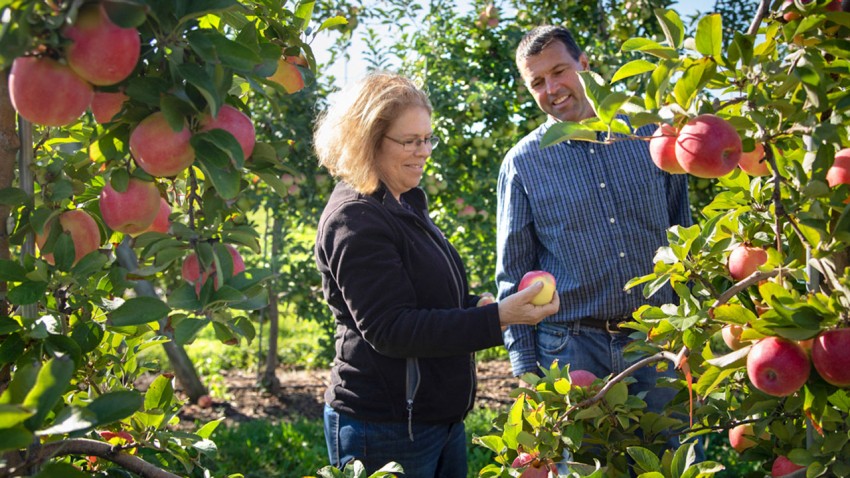
This fall, apple lovers can look forward to three new varieties from the oldest apple breeding program in the U.S. — located at Cornell AgriTech in Geneva, New York, part of the College of Agriculture and Life Sciences.

The pandemic's impact on supply chains and grocery stores inspires a new course taught by and Daniel Hooker ’93, senior lecturer in the Dyson School of Applied Economics and Management.

This year’s 76West Clean Energy Competition featured three Cornellian-led startups that could potentially generate economic development in the Southern Tier with clean-energy technology.
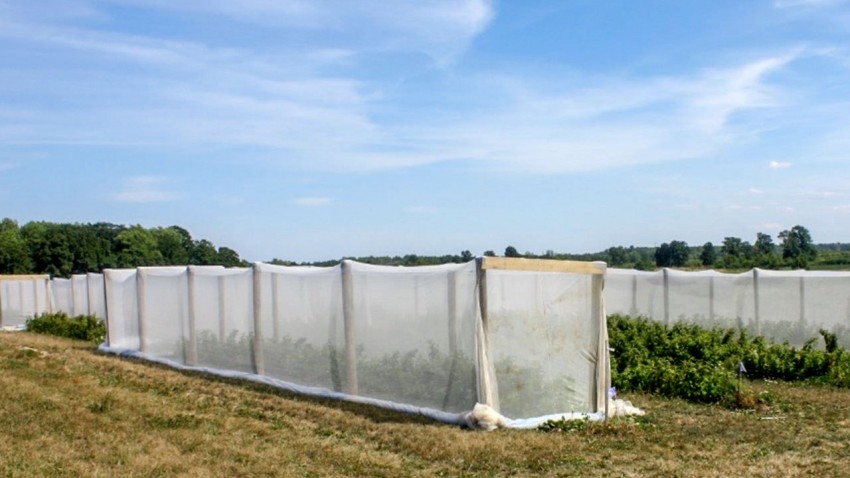
The effectiveness of exclusion netting in protecting New York state's berries from the invasive spotted wing drosophila is documented in new research from Greg Loeb, professor of entomology at Cornell AgriTech.
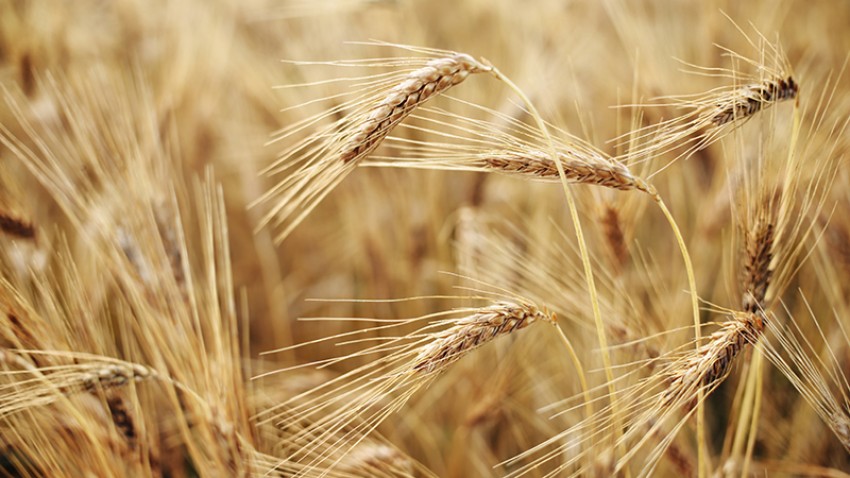
Scientists will gather virtually Oct. 7-9 for the Borlaug Global Rust Initiative’s virtual technical conference to discuss strategies to safeguard the health of wheat, one of the planet’s most important food sources.
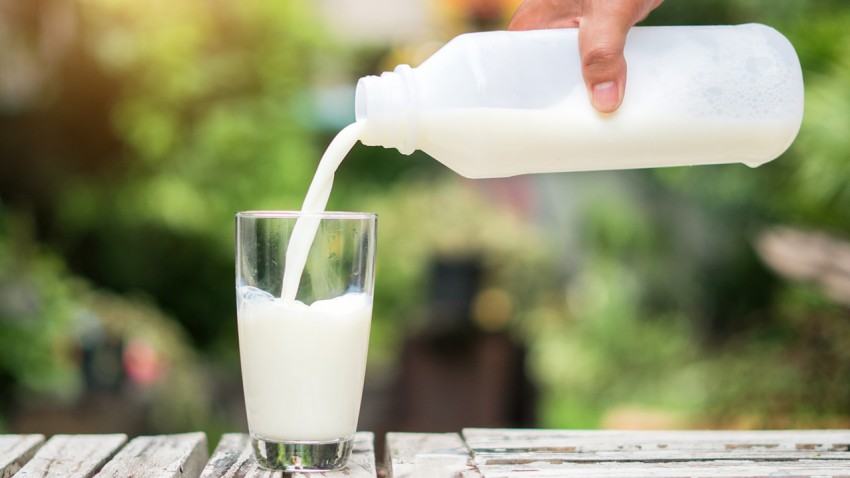
Cornell has awarded Stewart’s Dairy in Saratoga Springs top honors in New York state’s annual fluid milk competition, conducted on behalf of the New York State Department of Agriculture and Markets.

Craving a fruit smoothie, but don’t want to haul out the blender? Cornell’s food product development team created Smoothie Bites, which won a national contest.


